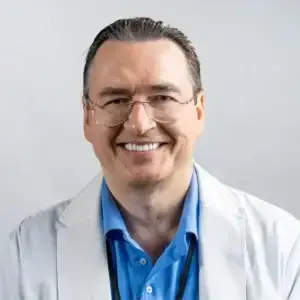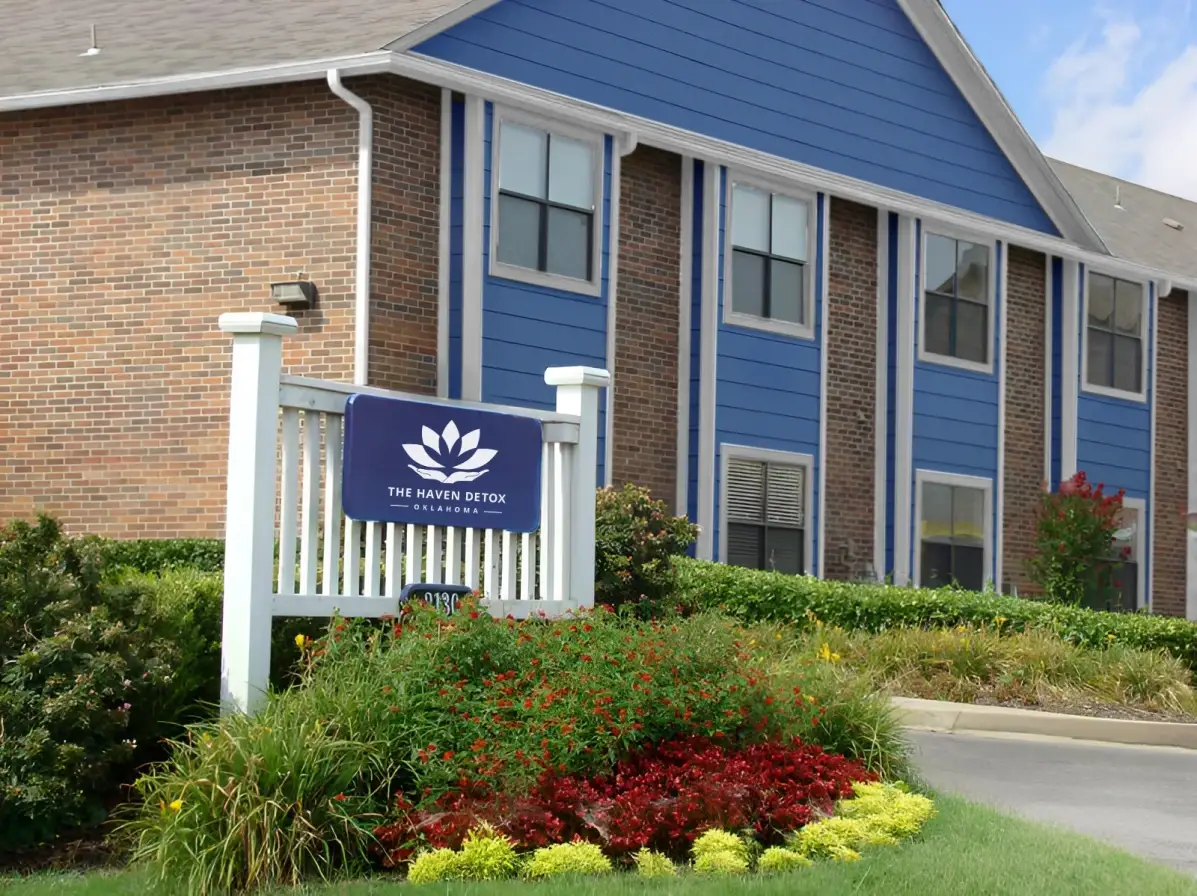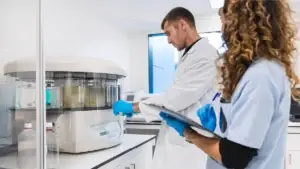-
Excessive alcohol use kills over 178,000 Americans each year (average for 2020–2021).
-
Alcohol is one of the leading preventable causes of death in the U.S., second only to tobacco and unhealthy diet/inactivity.
-
A recent analysis found that 1 in 8 deaths among Americans aged 20–64 was attributable to excessive drinking (based on 2015–2019 data).
-
Among those 20–49 years old, alcohol’s impact was even higher – about 1 in 5 deaths.
-
Deaths involving alcohol jumped from 78,927 in 2019 to 99,017 in 2020 – a 25.5% increase in one year.
-
They rose again to 108,791 deaths in 2021, another 9.9% increase.
-
There was a slight dip to ~105,000 in 2022, but the 2020–2021 increases represent a concerning trend, possibly reflecting heightened stress, isolation, and reduced access to treatment during the pandemic.
-
51,191 directly alcohol-induced deaths were recorded in 2022 (excluding accidents and homicides). These include deaths from conditions like alcohol poisoning, alcoholic liver disease, and alcohol-related organ damage.
-
In particular, 30,910 deaths in 2022 were due to alcoholic liver disease (scarring and failure of the liver from chronic drinking).
-
Alcohol is a major driver of liver illness. In 2023, 44.5% of all liver disease deaths (43,004 of 96,610 total) in the U.S. involved alcohol.
-
Similarly, about half of all cirrhosis (chronic liver scarring) deaths were alcohol-related.
-
Alcoholic liver disease has become a leading cause of liver transplants in the U.S., reflecting the severe damage chronic drinking can inflict.
















